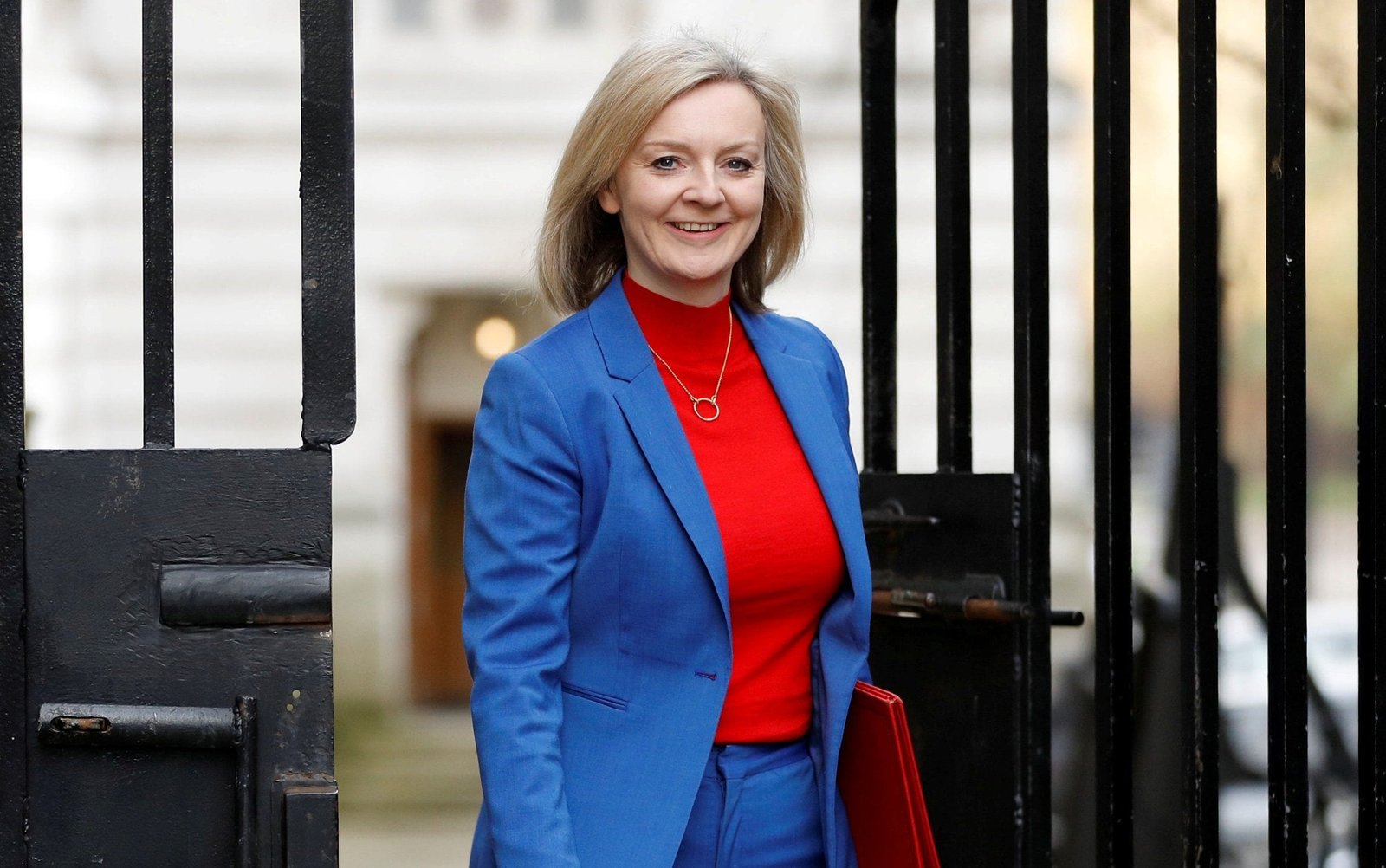
Liz Truss said Britain is reemerging as a major trade force by signing a free trade deal with Singapore on Thursday, the UK’s last deal before leaving the European Union on December 31.
The deal signed by the trade secretary and her Singaporean counterpart comes as Boris Johnson and EU chief Ursula von der Leyen tried to seal a new trade pact and avoid what some fear was an end chaos of the five-year Brexit process.
The deal stuck in Singapore largely reflects a permanent deal the state has reached with the EU.
“Fifty-five years after Singapore’s independence, the UK is reemerging as a fully independent nation and a major force in world trade,” Ms. Truss said before the signing.
“Together, we are paving the way for a better future, rich in economic potential and opportunity.”
Singapore, a wealthy city-state of 5.7 million people, counts Britain as its third largest trading partner for goods and second for services, and its number one investment destination in Europe.
Total bilateral trade between the two countries was valued at $ 13.5 billion in 2019, according to official Singapore figures.
The deal removes tariffs, gives the two countries access to each other’s service markets, and removes non-tariff barriers in electronics, cars and vehicle parts, pharmaceuticals, medical devices and production renewable energy, the ministry said.
The duties will be removed by November 2024, the same timeframe as the pact between the EU and Singapore.
The deal “provides UK businesses with a platform to access opportunities in the region via Singapore,” Trade Minister Chan Chun Sing said as he signed the deal with Ms Truss.
“Beyond the significant benefits to our respective companies, (the agreement) is a strong statement against protectionism and nativism,” Chan said, adding that it will be “crucial to ensure a strong post-pandemic recovery. and resilient for the world “.
Britain signed its first major trade deal after Brexit with Japan in October, but Thursday’s deal is the first with a member of the Association of Southeast Asian Nations.
The 10-country bloc is home to 650 million people and – before the pandemic-induced slowdown – had experienced rapid economic growth in recent years.
Britain officially left the European Union at the end of January and has spent the year negotiating its future relationship with Brussels and concluding trade deals with major economies such as Japan and Canada.
Mr Johnson and Ms Von der Leyen have given themselves until the end of the weekend to seal a new trade pact after failing to overcome lingering divisions.
Failure to agree new rules to govern everything from trade to energy relations would scold borders, shock financial markets and wreak havoc across supply chains in a world already grappling with the economic cost of Covid -19.
More about this article: Read More
Source: www.telegraph.co.uk
This notice was published: 2020-12-10 05:36:17
